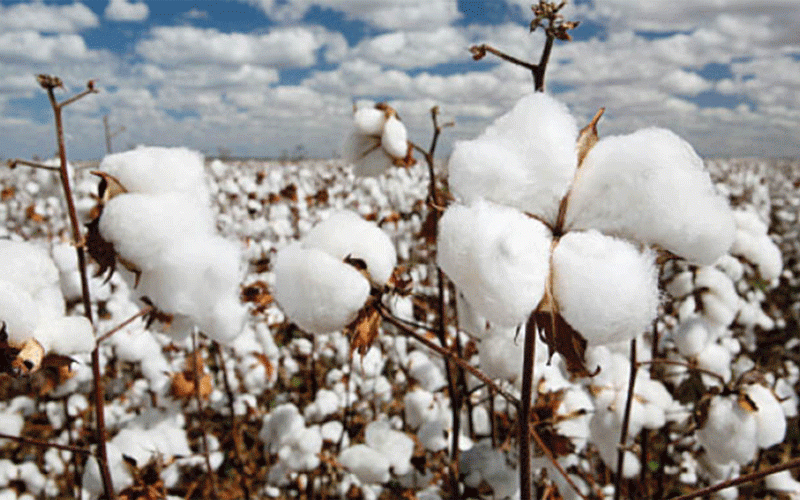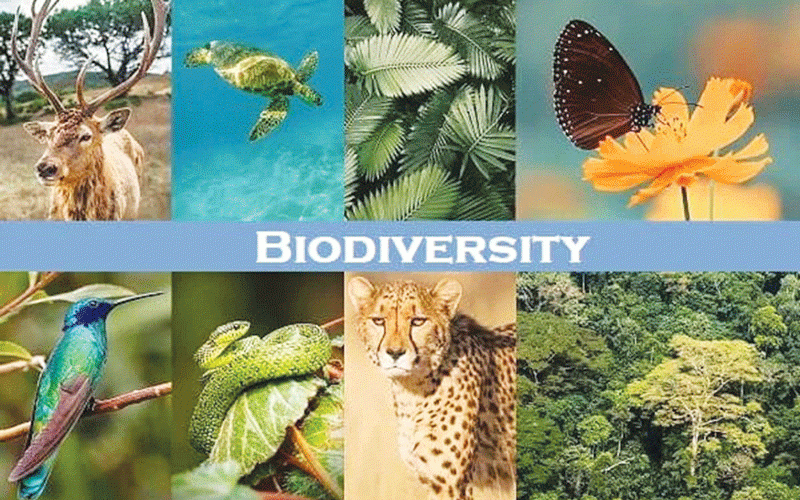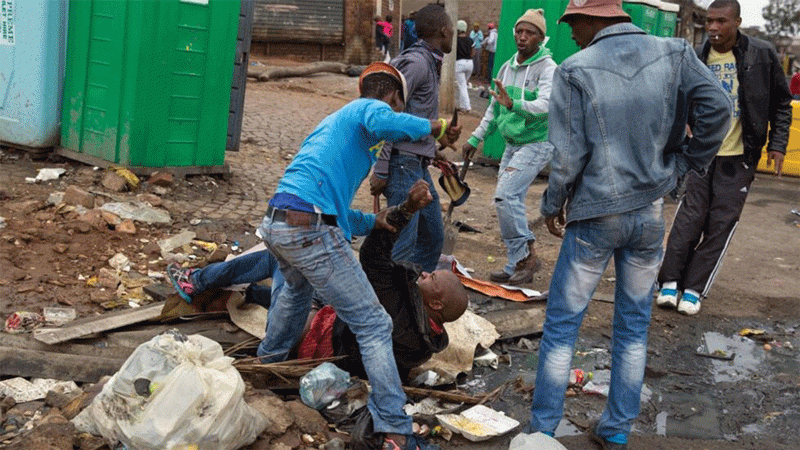
COTTON is indigenous to Zimbabwe. Its production dates back to 1890 when a sample of the indigenous plant was sent to London for assessment.
The assessed Zimbabwean plant was regarded as the best and received highly favourable remarks.
For several decades, it remained likened to the Egyptian and American cotton varieties.
Nevertheless, it was not until 1924 when interest was shown towards indigenous cotton through the establishment of a Cotton Research Institute in Kadoma (then Gatooma).
The Cotton Research Institute was given the mandate to develop, evaluate and maintain cotton varieties suitable for Zimbabwean climatic conditions.
Cotton was at the heart of economic development and trade among the indigenous people.
For several decades, it remained their source of livelihood and sustainability.
The more informed and advanced communities went beyond trading.
- Editorial Comment: Govt should divest from agriculture
- Zim economic situation hinders women’s political participation
- Zim economic situation hinders women’s political participation
- Zim economic situation hinders women’s political participation
Keep Reading
This can be evidenced by the Kore-kore and Tonga people who grew cotton to make blankets and string.
Cotton was grown in areas such as Gokwe, the Zambezi River Basin, Mashonaland West, to mention but a few.
The demand for Zimbabwean cotton began to gain momentum around 1926 due to its durability, cleanliness, intrinsic fibre properties and regularity.
This was mainly due to the fact that Zimbabwean cotton was hand picked.
Around the same time, colonial displacement and takeover of arable land was gaining steam as white colonialists had seen the large demand for cotton, a move that undermined the economic emancipation of the Zimbabwean communities while culminating in the expansion of the cotton industry and cotton premium prices.
This is also regarded as the watershed period in the lives of small-scale farmers as it marked the start of their exploitation and relegation in the value and supply chain of cotton production.
Ironically, the tremendous growth of the cotton industry did not translate to transformation of the Zimbabwean communities, but rather to poverty and manipulation.
At one point, Zimbabwe was the largest producer of cotton in southern Africa yet the benefits thereof, did not cascade down to the small-scale farmers, illustrating the trade injustices in the cotton value chain.
In 1980 and 1985, Zimbabwe produced 147 420 and 170 000 tonnes of cotton, respectively, pointing to the growth of the cotton industry thereby making it one of the highest earners of foreign currency, yet no visible transformation was witnessed in the lives of the small-scale farmers of the crop.
During the same period, approximately 55% of cotton was grown on large-scale estates, 38% on commercial farms and 12% on small-scale communal land as well as government estates under the Agricultural Rural Development Authority.
In 1999, we saw the introduction of an input credit scheme and deregulation of cotton marketing, which resulted in a rise in cotton production by small-scale farmers.
This resulted in a tremendous increase in small-scale cotton output from 18 797 in 1993 to 92 769 tonnes in 1997.
Unfortunately, the increase did not benefit small-scale farmers due to unjust trade practices and manipulation by middlemen. - Zimbabwe Coalition on Debt and Development
Water crisis hits Masvingo district
SERIOUS water shortages have hit communities in Masvingo Central wards 16 and 18. This has been necessitated by the breakdown of the few existing boreholes and the failure to repair the boreholes by the Masvingo Rural District Council.
The mostly affected villages are Gundiro, Chijaka, Mupasiri, Chineka, Munda and Chisina in ward 16 as well as Chamakondo, Dzomira, Dzangoni and Matsikidze in ward 18. This has left the villagers without option, but to resort to unsafe water sources. There is fear of outbreaks of waterborne diseases if this is not addressed urgently.
This situation was brought to the attention of ward councillors by Community Tolerance Reconciliation and Development (Cotrad) community members for the respective wards. The ward councillors promised to request the Masvingo RDC to prioritise the rehabilitation of the broken-down boreholes and to channel the 2023 devolution funds towards the drilling of more boreholes to alleviate the plight of people of the ditsrict. Water is a basic human right provided for in section 77 of the Constitution. - Cotrad Masvingo
Defiance of court order by traditional leaders worrisome
SPEAKING at the official opening of the refurbished Mhondoro Hospital in Mubaira, Mashonaland West province, the second secretary of Zanu PF Kembo Mohadi revealed that traditional leaders have agreed to frog-march their subjects to polling stations to vote for the ruling party. This comes four months before Zimbabwe conducts its harmonised elections.
In 2018, the Election Resource Centre (ERC) filed a High Court application against president of the Chiefs Council Chief Fortune Charumbira citing the comments he had made during a national council of chiefs conference calling on all traditional leaders to support Zanu PF.
This application was premised on section 281(2) of the Constitution which stipulates that traditional leaders must not act in a partisan manner or further the interests of any political party. On May 14, 2018, the High Court of Zimbabwe ruled that the utterances made by Chief Charumbira were unconstitutional and partisan and that the chief should retract the statement within 14 days. However, the chief is in contempt of the court order and continues to defy the justice system.
Utterances made by Mohadi contravene the Constitution. His comments promote partisan behaviour and further the interests of Zanu PF ahead of this year's harmonised elections.
The comments show the attitude of the political party towards complying with the court order issued against Chief Charumbira who continues to defy justice.
As political parties campaign ahead of the harmonised elections, they must desist from activities that defy the Constitution. - Election Resource Centre











